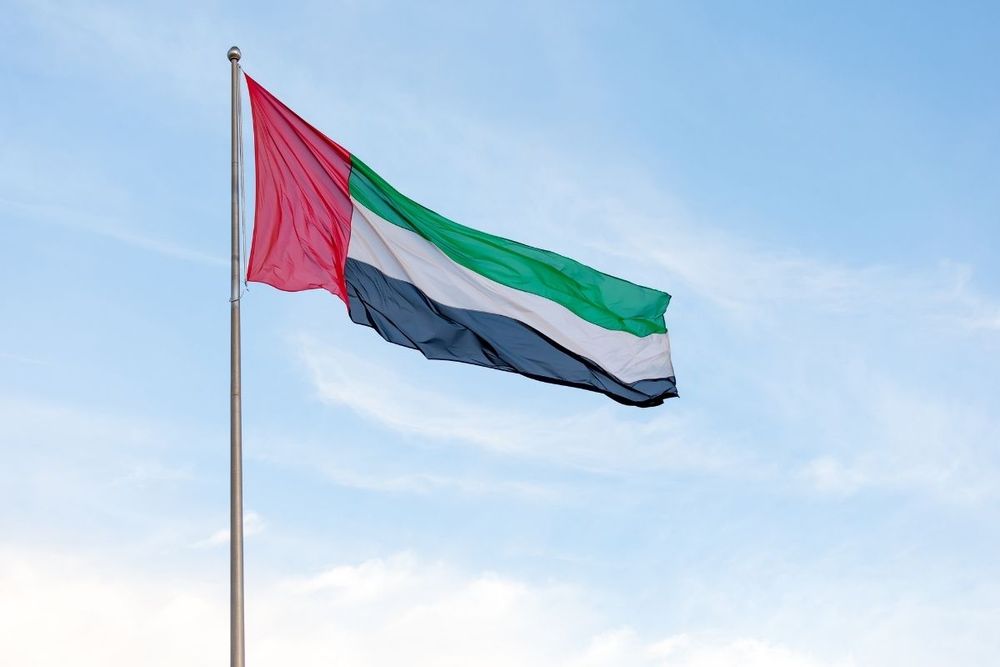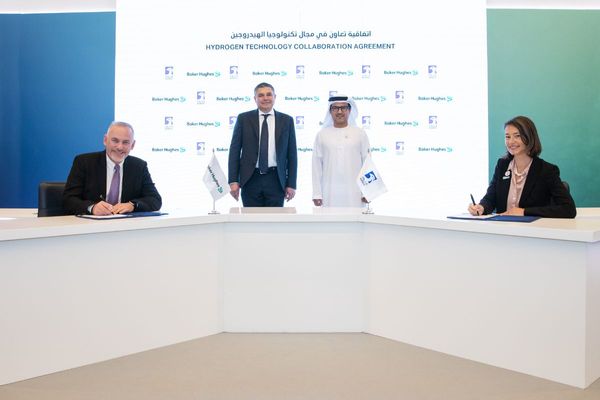Dr. Khaled Hanafi, Secretary-General of the Union of Arab Chambers, said the UAE had become a centre for foreign investments, leading Arab, regional, and global rankings in attracting investments.
In a statement to the Emirates News Agency (WAM) on the sidelines of the Annual Investment Meeting (AIM) 2023, Hanafi stressed that business owners in the Arab region consider the UAE an attractive investment destination due to the ease of investing in the country, as well as its world-class stature and leading position in the Arab world.
The UAE has succeeded in implementing simplified and streamlined laws and regulations for investments and taxes, in addition to laws that facilitate the entry and exit of investments without any obstacles or barriers, as well as ensure free movement of capital and stable exchange rates, he added.
Hanafi stated that the UAE has positioned itself as a investment hub for many companies and institutions around the world, providing attractive investment opportunities and projects, affirming that investing in the UAE allows investors and business leaders to expand to and enter other markets, especially in Africa and Asia.
He then pointed out that the AIM is a major annual event that showcases available investments in the Arab region and is a key supporter of its economies, noting that it has witnessed significant momentum and attained a significant international presence, reflecting the new investment opportunities available in the region.
Investing in the Arab region will lead to a continued rise in the income of Arab countries and higher rates of employment, he further said, adding that the return on investments is high, as it has been optimally utilized.
Hanafi explained that investments are mainly the private sector's responsibility, while the government's role is to legislate and attract them.
He stressed that a rise in the volume of investments entering Arab countries would be accompanied by an increase in inter-Arab investments, which do not currently exceed 20 percent.
Increasing Arab investments requires upgrading procedures and laws and creating a favorable investment climate in general, he added, noting that the Arab League is currently working on facilitating the movement of business leaders.
Hanafi highlighted the need to focus on increasing the capacity to take on investments by providing real facilities with added value, such as major ports in the Arab region, hinterland areas for each port that include value-added activities, developing Arab supply chains, and launching industrial, agricultural and service complexes that improve investment attractiveness and reduce risks while increasing expected returns and revenues.
Hanafi highlighted that the Union of Arab Chambers, the first non-governmental Arab economic institution, has embraced the concept of economic cooperation and integration between Arab nations. Comprising of chambers of commerce, industry, and agriculture, as well as federations from 22 Arab countries that are members of the Arab League and representing the private sector, the union plays a significant role in promoting trade and investment cooperation among Arab countries.
Moreover, Hanafi added that the union actively advocates for the establishment of an Arab Common Market and the formulation of general principles aimed at achieving Arab economic unity. The union provides support to both governmental and civil efforts in integrating and coordinating the economies of Arab countries across all economic sectors, including commerce, industry, agriculture, finance, investment, services, and other activities.
News Source: Emirates News Agency









